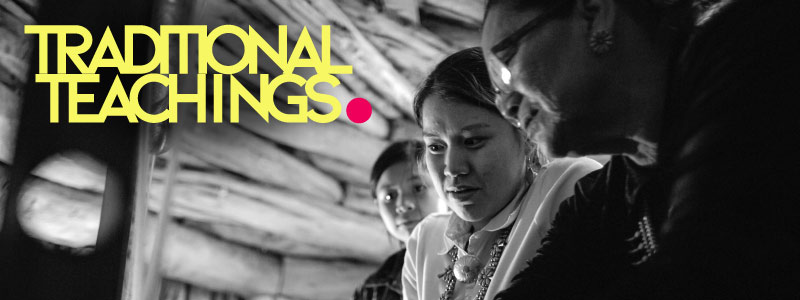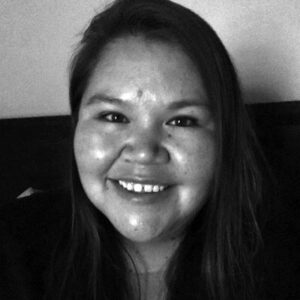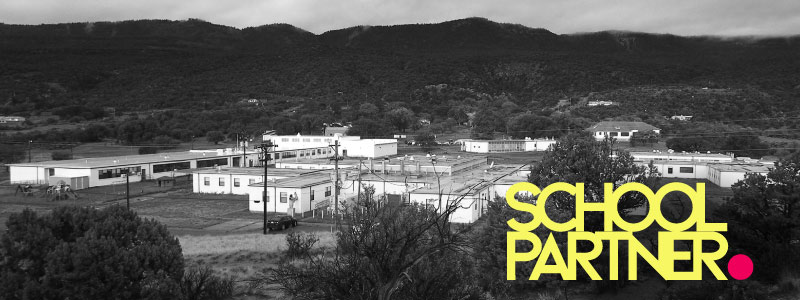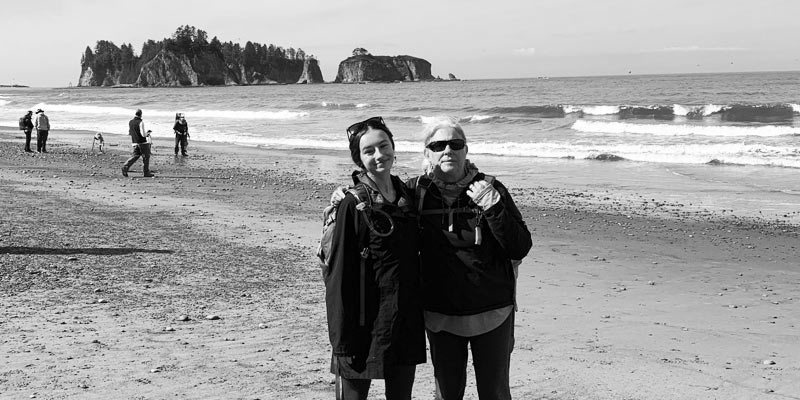Bozho/hello!
October 2020
We are thrilled to be sharing with you our first newsletter, which introduces our new logo and redesigned website! Migwetch/thank you to Ellen Gallegos at Sparrow Creative for her design work.
We hope you find this newsletter inspiring. It features a traditional first-period teaching and an introduction to one of our partner schools in rural New Mexico. You’ll also meet our most prolific donor-seamstress, who has sewn 225 moon-time bags and over 1,500 masks so far this year! Please send your ideas for future newsletter content — especially contributions of traditional teachings around menstruation — to Paige Willett, our newsletter editor.
The Kwek Society works to raise awareness about and to address menstrual inequity. I founded the organization in February 2018 with a donation of period pads to one rural school, Wounded Knee District School on the Pine Ridge Reservation in South Dakota. We became a 501(c)(3) public charity in April 2018, with the goal of ensuring students’ dignity and health.
We now collaborate with more than 40 schools and community-based organizations across North America, in rural areas, suburbs, and cities, to eradicate period poverty among Native Americans. With our donors’ support, we offer partners our signature moon time bags, sewn cloth bags filled with pads and liners. We also offer tampons, underwear, puberty education books, and donor-sewn masks (our response to the coronavirus pandemic). It is humbling and joyous to know how many individuals have contributed to the work since 2018.
To learn more, please visit kweksociety.org. We hope you are inspired to consider how you can help. Perhaps you can put us in touch with a community that needs our help or organize your own community to donate and ship period supplies to one of our partners, or organize a period supplies drive in your own community. We welcome your ideas and your partnership!
Bama mine/until later,
Eva Marie Carney
The Kwek Society Founder/Operator


TEACHING OF THE BERRY FAST
In Anishnabe Territory, there is an important fast for young women — the Berry Fast. Shkini-kwe (process of giving life) is a year-long fast that begins when young women start their menstrual cycle and ends with a coming out ceremony.
During that year, life slows down. Young women spend this special time with aunties, grandmas and female role models to learn about womanhood and the giving of life while hearing stories such as the tradition of the Berry Fast. They are encouraged to be with themselves and reflect. They also collect berries during harvesting season, saving them for their coming out ceremony to share with others as a reminder that we are to always think of those around us.

Shared by: Winona Elliott is Potawatomi and Ojibway from Neyaashiinigmiing First Nation located on the Bruce Peninsula in Ontario, Canada. She belongs to the Moose Clan from her father’s side, and also acknowledges her mother’s clan, the Fish Clan. She lives in Ontario, Canada, and works as a Circle Facilitator for Native Child Welfare, an Indigenous Child Well-Being Agency.

Tohaali community School, New Mexico
Principal Delores Bitsilly
Tohaali Community School serves approximately 100 students in kindergarten through eighth grade. The school includes a residential facility that houses around 25 students during the week.Tohaali students board their buses at roughly 6 a.m. to be at school by 7:30 a.m. In addition to academics, the students take pride in studying Navajo culture and language. They participate in cultural events by singing traditional songs and dancing. Tohaalli holds family literacy and math and science nights to provide the opportunity for families to learn together.
Tohaali opened more than a century ago as part of the Bureau of Indian Education. Surrounded by the beautiful Chuska Mountains in northwestern New Mexico, the school sits in the desert about 70 miles from the closest towns to the northeast and the south.
Long drives to larger towns make it difficult for Tohaali families to shop. Small, local stores carry limited period products at higher costs. The Kwek Society began shipping period products to the school in August 2019.
When Tohaali closed for most of the spring 2020 semester due to the coronavirus, we offered its staff and community members our donations of donor-sewn masks.
As the pandemic wore on through the spring and early summer, proactive Tohaali administrators, under the leadership of its principal Delores Bitsilly, began including period products and our donated masks in the daily deliveries of breakfast, lunch, and school supplies to students’ homes.
With the new academic year underway via distance learning, The Kwek Society continues to ship masks and period supplies for distribution during meal deliveries to Tohaali students. We are thrilled our partnership has continued despite the pandemic and look forward to the future!
We admire and are grateful for Tohaali’s dedicated principal. Delores (Dee Dee) Bitsilly
Supporter spotlight
Alex Dickman
Alex Dickman is The Kwek Society’s most prolific seamstress. Alex grew up in Virginia and spent many summers in Oklahoma, visiting her mother’s family and traveling throughout the southwest. She is of Chickasaw descent with family ties to Clovis, New Mexico.
Before her retirement, Alex taught women’s health at George Washington University. Her awareness of health disparities and inequality in the United States drew her to The Kwek Society’s mission. She started sewing moon time bags, stuffing them with pads and liners — and a lot of kindness. Pre-pandemic, Alex’s 14-year-old granddaughter Morgan assisted her. Morgan, like her grandmother, has a passion to help others.
When the pandemic hit, Alex quickly realized the need for masks and once again started sewing for our partners. In 2020, Alex and Morgan produced 227 moon time bags and 2,153 masks! We are so grateful that they dedicated so much time and skill to this work.



Follow
Stay connected.
Share
Give a review.